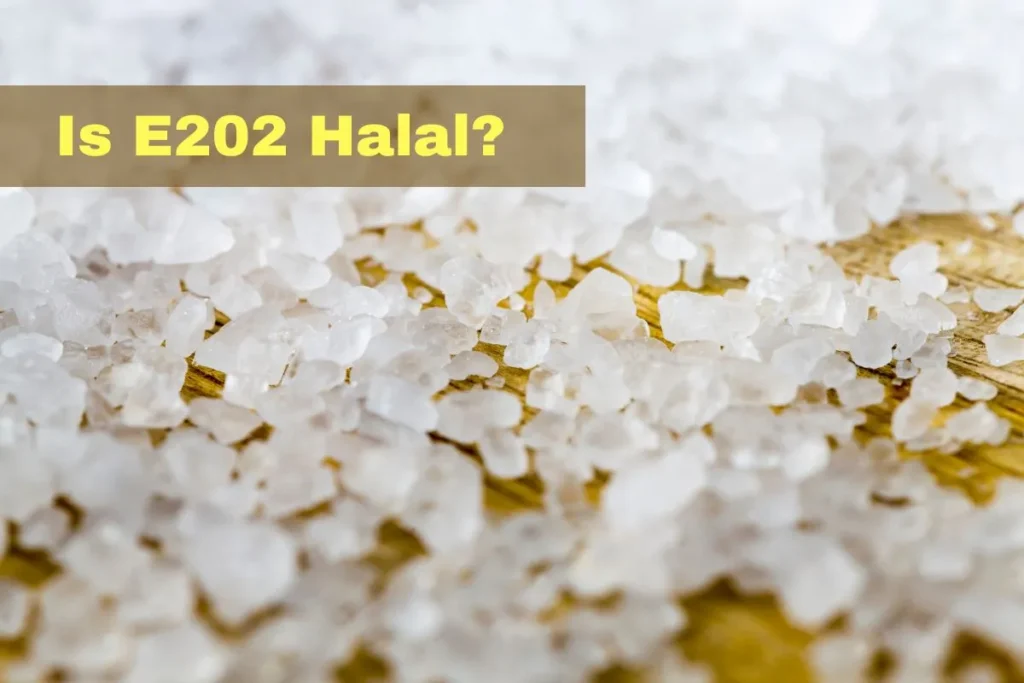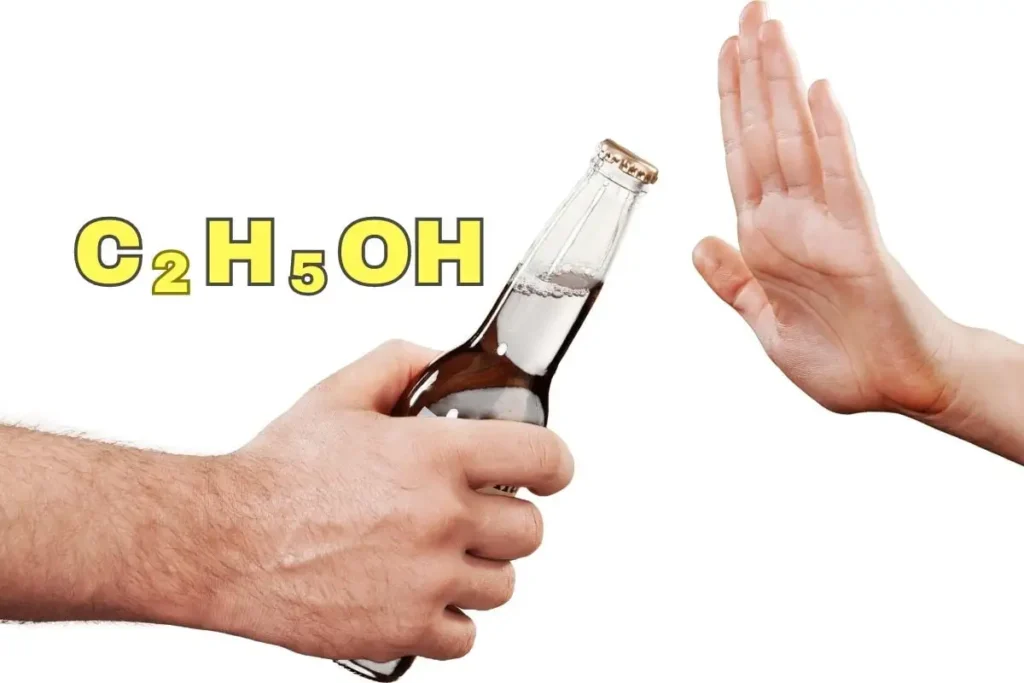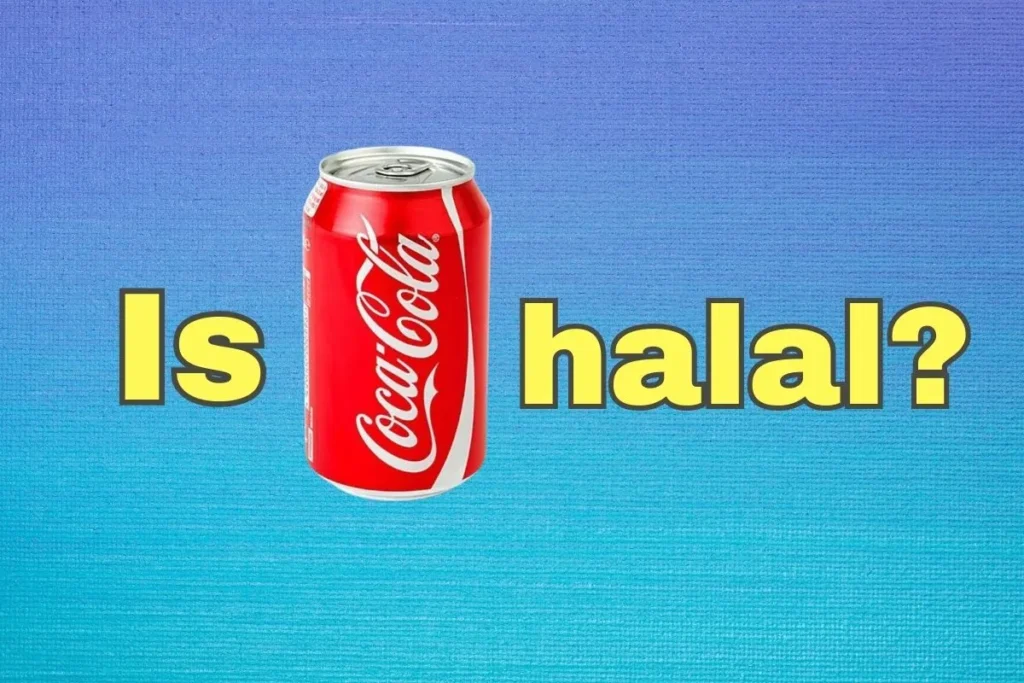Assalamualaikum, my fellow food enthusiasts and conscientious consumers! In our quest for a better understanding of the foods we eat, we’ve come across an intriguing question today: Is E202 halal?
With a growing awareness of dietary choices, we’re all seeking to make informed decisions about what goes into our bodies. This article is your guide to E202, covering its chemical structure, source, possible side effects, regulations, dosage, and, most importantly, whether it’s halal or haram.
Key Takeaways
| 📌 E202 Overview: E202, or potassium sorbate, is a food additive commonly used to extend the shelf life of various products like jams, cheeses, and cosmetics by preventing the growth of mold, yeast, and fungi. |
| 📌 Source: E202 is primarily derived from a natural source, sorbic acid, found in some berries and certain plants, making it a favorable choice for those with dietary concerns. |
| 📌 Halal Status: E202 is typically considered halal because it’s derived from a natural, plant-based source and doesn’t contain animal-derived ingredients. |
What Is E202?
Let’s kick off our journey by demystifying the enigmatic E202. What exactly is it? E202, known as potassium sorbate, is a food additive with a straightforward purpose.
It’s an essential ingredient in the food industry, used to preserve freshness and extend the shelf life of various products, particularly those susceptible to spoilage. Think of your favorite jams, cheeses, and even cosmetics.
E202 plays a significant role in preventing the growth of mold, yeast, and fungi, making it a crucial part of our modern food preservation toolkit.
Chemical Structure

Now, for the more curious minds among us, let’s delve into the chemical structure of E202. At its core, potassium sorbate is the potassium salt of sorbic acid.
This salt form is chosen because it’s more soluble in water, making it practical for use in a wide range of food and cosmetic applications. But what’s remarkable is its effectiveness.
When introduced into a product, E202 works by inhibiting the growth of microorganisms, thereby ensuring that your favorite items stay fresh and safe for consumption.
What Is E202 Made From?
For the inquisitive souls who wonder about the origins of E202, it’s primarily derived from a natural source, sorbic acid. Sorbic acid can be found naturally in some berries and is a part of the normal metabolic process of certain plants.
The production process involves transforming sorbic acid into its potassium salt, potassium sorbate, which is the form used as a food additive. The source being natural and plant-based is indeed a promising aspect, especially for those with dietary concerns.
Possible Side Effects
As responsible consumers, it’s only natural to ponder the potential side effects of any food additive we encounter. The good news is that potassium sorbate, E202, is generally recognized as safe (GRAS) when used within established limits.
It has undergone extensive testing and safety assessments by food regulatory agencies. While rare, some individuals may be sensitive to E202, experiencing mild allergic reactions or digestive discomfort. However, it’s important to remember that such cases are infrequent and not the norm.
Regulations and Guidelines
Now, let’s venture into the realm of regulations and guidelines surrounding E202. These can vary significantly from country to country, and staying informed is paramount.
It’s highly advisable to consult your local food safety authority or the FDA for the latest updates on E202 regulations in your region.
Dosage and Administration
Understanding the appropriate dosage and administration of E202 is essential. This food additive is added to products in carefully regulated amounts by manufacturers.
As consumers, we don’t need to concern ourselves with measuring E202; it’s already taken care of by the food producers. Any questions about dosage can be easily addressed by checking the product’s label, where you’ll find all the necessary information.
But if you’re curious about it, here’s a quick summary:
In 2015, the European Food Safety Authority (EFSA) conducted a review of potassium sorbate and two other food additives. During this assessment, they established a temporary acceptable daily intake of 3 mg per kilogram of body weight per day.
This limit was a precautionary measure in response to concerns regarding potential reproductive and developmental toxicity, as indicated by animal research. Intriguingly, rats were exposed to a daily intake of 300 mg without any adverse effects. However, to ensure an extra layer of safety, the EFSA introduced a standard that was 100 times lower.
Consequently, the maximum acceptable daily intake for humans stands at 25 milligrams per kilogram of body weight per day. For an average adult weighing 150 pounds, this translates to a daily intake of 1,750 mg.
Is E202 Halal or Haram?
And now, we arrive at the heart of our inquiry – is E202 halal or haram? This is a crucial consideration for those following a halal diet or anyone who wishes to respect Islamic dietary guidelines.
The answer is, E202 is generally considered halal. Since it is derived from a natural source and does not involve any animal-derived ingredients, it aligns with halal dietary principles. Nevertheless, it’s always wise to verify the halal certification of specific products if you have any doubts.
Find out more:
Is E200 Halal or Haram?
Is E210 Halal or Haram?
Conclusion
In conclusion, E202, potassium sorbate, is a vital food additive that plays a key role in preserving the freshness and safety of various products we enjoy daily. It’s derived from a natural source, generally safe for consumption, and is typically considered halal.
As conscientious consumers, we’re empowered with the knowledge to make informed choices about the foods we bring into our lives.
Allahu A’lam (Allah Knows Best)
FAQ
What Is the Source of E202?
E202 is primarily sourced from sorbic acid, which can be naturally found in some berries and certain plants.
Is E202 Safe for Consumption?
Yes, E202 is generally recognized as safe for consumption. However, individuals with specific sensitivities may experience rare allergic reactions or mild digestive discomfort.
What Are Some Common Food Products That Contain E202?
You’ll find E202 in a wide range of food products, including jams, cheeses, and various items susceptible to spoilage.
What Is the CAS Number of E202?
The CAS number for E202, potassium sorbate, is 24634-61-5.
Is E202 Banned in Any Country?
As of the latest available information, E202 is not banned in any country. However, always stay updated on regulatory changes, as they can evolve over time.
- Is Pop Tarts Halal? What You Need to Know - February 18, 2024
- Are Graham Crackers Halal in Islam? - January 19, 2024
- Is Keebler Wheatables Halal? - January 18, 2024





